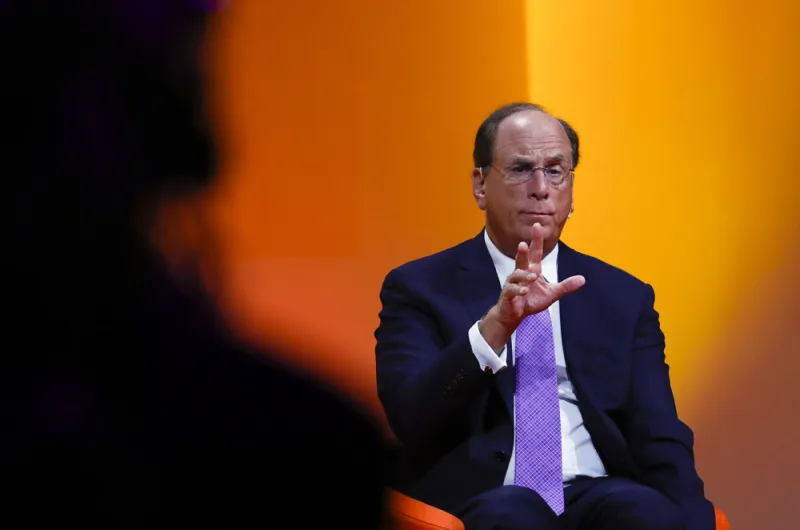Every year since 2012, BlackRock chief executive officer Larry Fink has published a public letter to the CEOs of his firm’s portfolio companies, calling for action on issues such as corporate governance or climate change. New research shows that these letters are successful in getting companies to make changes.
Following the publication of the annual CEO letters, companies with significant BlackRock ownership make disclosures that reflect the topics discussed by Fink, according to the study by Andrea Pawliczek of the University of Missouri, A. Nicole Skinner of the University of Georgia, and Laura Wellman of Pennsylvania State University.
The authors found that in the 30 days after a CEO letter was published, these companies filed form 8-Ks — broad disclosure forms used to discuss any significant events — containing language that was more similar to the language of Fink’s letters, versus the 8-K forms of companies without significant BlackRock ownership. Significant ownership was defined in the study as at least 5 percent of the firm’s outstanding shares.
The findings held even after accounting for ownership by other influential institutional investors like Vanguard Group or State Street Corp., suggesting that the “observed changes in disclosure are linked to BlackRock ownership specifically.”
“Overall, our evidence is consistent with firms altering their disclosures in response to BlackRock’s broad-based public engagement,” the authors wrote.
[II Deep Dive: Institutional Investor of the Year: BlackRock’s Larry Fink]
The authors also found some evidence the BlackRock letters mobilized companies to advocate for public policies highlighted in Fink’s letters, such as environmental regulation, tax reform, and investments in infrastructure. According to the study, BlackRock portfolio companies on average altered their lobbying efforts to line up with Fink’s recommendations, though the authors said the finding was stronger for companies that are more likely to share BlackRock’s policy preferences.
BlackRock, in turn, was found to be less likely to vote in opposition to firm management on shareholder proposals in cases where companies made disclosures reflecting the language of the latest CEO letter, suggesting that the changes in disclosures were “informative” to BlackRock, according to the authors.
“Collectively, our evidence suggests that BlackRock’s public engagement efforts are an effective way for BlackRock to communicate with all portfolio firms beyond more costly individual interactions,” the authors concluded.







